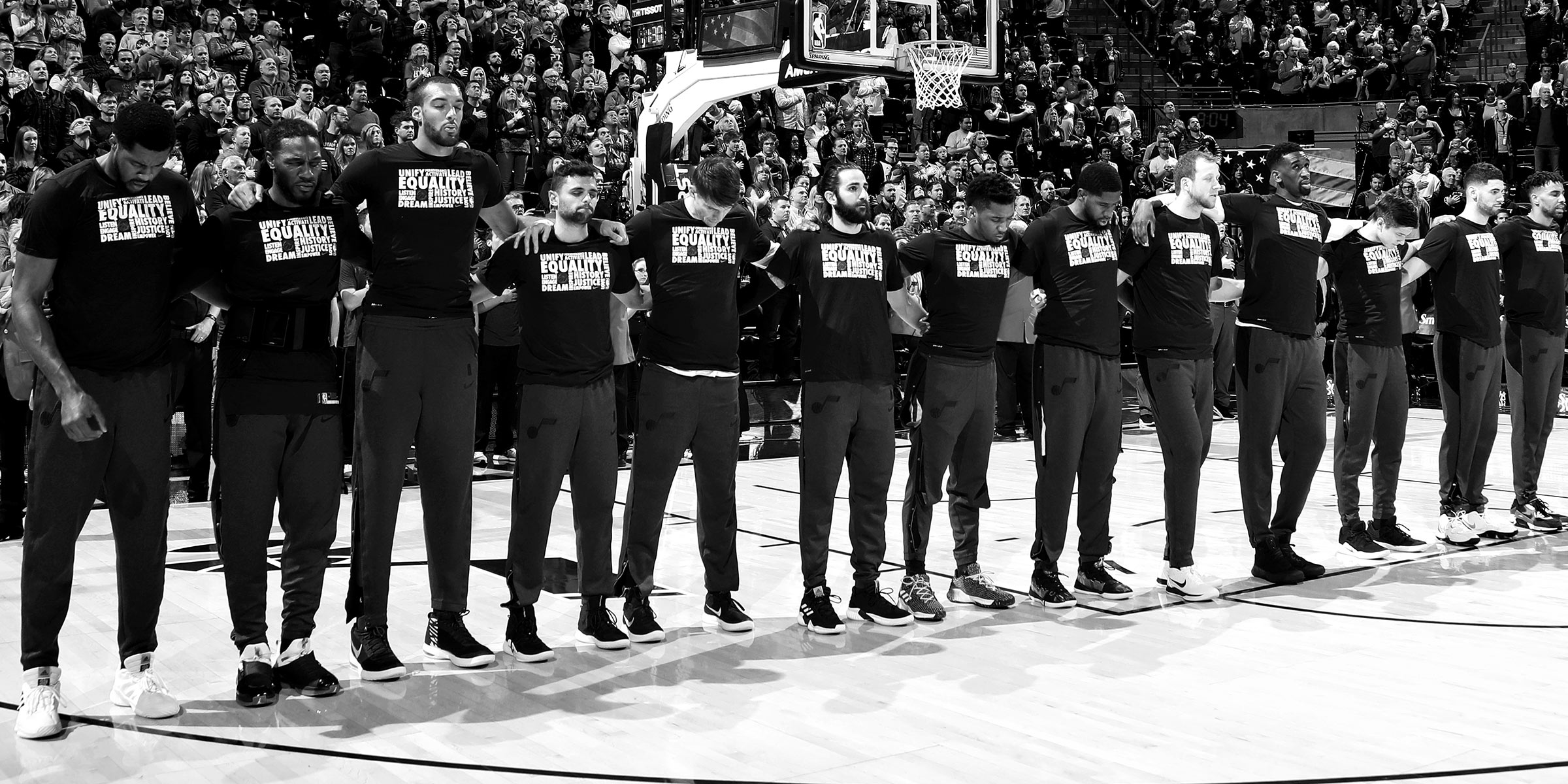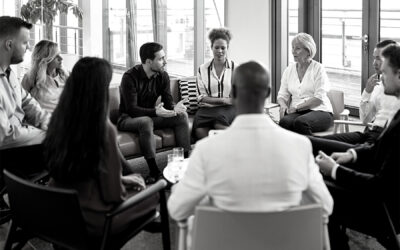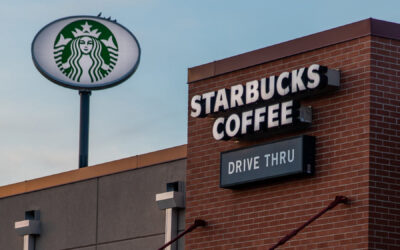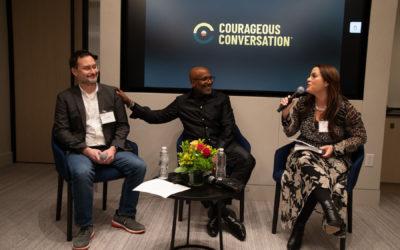By Kyle Korver—April 8, 2019
When the police break your teammate’s leg, you’d think it would wake you up a little.
When they arrest him on a New York street, throw him in jail for the night, and leave him with a season-ending injury, you’d think it would sink in. You’d think you’d know there was more to the story.
You’d think.
But nope.
I still remember my reaction when I first heard what happened to Thabo. It was 2015, late in the season. Thabo and I were teammates on the Hawks, and we’d flown into New York late after a game in Atlanta. When I woke up the next morning, our team group text was going nuts. Details were still hazy, but guys were saying, Thabo hurt his leg? During an arrest? Wait — he spent the night in jail?! Everyone was pretty upset and confused.
Well, almost everyone. My response was….. different. I’m embarrassed to admit it.
Which is why I want to share it today.
Before I tell the rest of this story, let me just say real quick — Thabo wasn’t some random teammate of mine, or some guy in the league who I knew a little bit. We’d become legitimate friends that year in our downtime. He was my go-to teammate to talk with about stuff beyond the basketball world. Politics, religion, culture, you name it — Thabo brought a perspective that wasn’t typical of an NBA player. And it’s easy to see why: Before we were teammates in Atlanta, the guy had played professional ball in France, Turkey and Italy. He spoke three languages! Thabo’s mother was from Switzerland, and his father was from South Africa. They lived together in South Africa before Thabo was born, then left because of apartheid.
It didn’t take long for me to figure out that Thabo was one of the most interesting people I’d ever been around. We respected each other. We were cool, you know? We had each other’s backs.
Anyway — on the morning I found out that Thabo had been arrested, want to know what my first thought was? About my friend and teammate? My first thought was: What was Thabo doing out at a club on a back-to-back??
Yeah. Not, How’s he doing? Not, What happened during the arrest?? Not, Something seems off with this story. Nothing like that. Before I knew the full story, and before I’d even had the chance to talk to Thabo….. I sort of blamed Thabo.
I thought, Well, if I’d been in Thabo’s shoes, out at a club late at night, the police wouldn’t have arrested me. Not unless I was doing something wrong.
Cringe.
It’s not like it was a conscious thought. It was pure reflex — the first thing to pop into my head.
And I was worried about him, no doubt.
But still. Cringe.
A few months later, a jury found Thabo not guilty on all charges. He settled with the city over the NYPD’s use of force against him. And then the story just sort of….. disappeared. It fell away from the news. Thabo had surgery and went through rehab. Pretty soon, another NBA season began — and we were back on the court again.
Life went on.
But I still couldn’t shake my discomfort.
I mean, I hadn’t been involved in the incident. I hadn’t even been there. So why did I feel like I’d let my friend down?
Why did I feel like I’d let myself down?
A few weeks ago, something happened at a Jazz home game that brought back many of those old questions.
Maybe you saw it: We were playing against the Thunder, and Russell Westbrook and a fan in the crowd exchanged words during the game. I didn’t actually see or hear what happened, and if you were following on TV or on Twitter, maybe you had a similar initial viewing of it. Then, after the game, one of our reporters asked me for my response to what had gone down between Russ and the fan. I told him I hadn’t seen it — and added something like, But you know Russ. He gets into it with the crowd a lot.
Of course, the full story came out later that night. What actually happened was that a fan had said some really ugly things at close range to Russ. Russ had then responded. After the game, he’d said he felt the comments were racially charged.
The incident struck a nerve with our team.
In a closed-door meeting with the president of the Jazz the next day, my teammates shared stories of similar experiences they’d had — of feeling degraded in ways that went beyond acceptable heckling. One teammate talked about how his mom had called him right after the game, concerned for his safety in SLC. One teammate said the night felt like being “in a zoo.” One of the guys in the meeting was Thabo — he’s my teammate in Utah now. I looked over at him, and remembered his night in NYC.
Everyone was upset. I was upset — and embarrassed, too. But there was another emotion in the room that day, one that was harder to put a finger on. It was almost like….. disappointment, mixed with exhaustion. Guys were just sick and tired of it all.
This wasn’t the first time they’d taken part in conversations about race in their NBA careers, and it wasn’t the first time they’d had to address the hateful actions of others. And one big thing that got brought up a lot in the meeting was how incidents like this — they weren’t only about the people directly involved. This wasn’t only about Russ and some heckler. It was about more than that.
It was about what it means just to exist right now — as a person of color in a mostly white space.
It was about racism in America.
Before the meeting ended, I joined the team’s demand for a swift response and a promise from the Jazz organization that it would address the concerns we had. I think my teammates and I all felt it was a step in the right direction.
But I don’t think anyone felt satisfied.
There’s an elephant in the room that I’ve been thinking about a lot over these last few weeks. It’s the fact that, demographically, if we’re being honest: I have more in common with the fans in the crowd at your average NBA game than I have with the players on the court.
And after the events in Salt Lake City last month, and as we’ve been discussing them since, I’ve really started to recognize the role those demographics play in my privilege. It’s like — I may be Thabo’s friend, or Ekpe’s teammate, or Russ’s colleague; I may work with those guys. And I absolutely 100% stand with them.
But I look like the other guy.
And whether I like it or not? I’m beginning to understand how that means something.
Read more at the Player’s Tribune.




